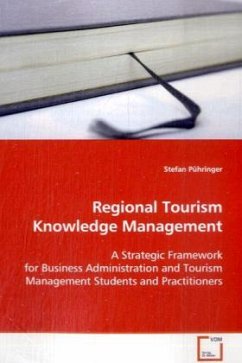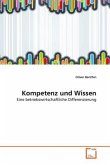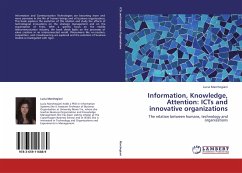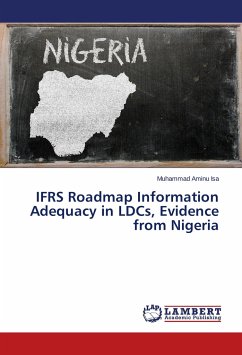In a theoretcial and hermeneutic part including a
two-tail case study this book argues that current
data collection and Knowledge Management practices
are borne in Local Tourism Bodies and Tourism
Operators on three instances: an individual level
implying inherent propensities to collect, use and
share knowledge and data; an organisational level in
the course of an interaction of individual tourism
stakeholders; and finally a systemic level
encapsulating the latter two. These Knowledge
Management principles may be applied to improve the
functioning of regional destinations by the way, in
which they manipulate the professional development
of stakeholders, structural, organisational, and
managerial practices, and finally knowledge
internalisation and externalisation processes. This
research opts to provide a tool for assessing
Knowledge Management practices. The outcomes consist
of three parts: a knowledge monitor including a set
of facilitators to Regional Tourism Knowledge
Management and a checklist of potential barriers,
which may assist in introducing new practices and
structures for regional tourism managers and
operators.
two-tail case study this book argues that current
data collection and Knowledge Management practices
are borne in Local Tourism Bodies and Tourism
Operators on three instances: an individual level
implying inherent propensities to collect, use and
share knowledge and data; an organisational level in
the course of an interaction of individual tourism
stakeholders; and finally a systemic level
encapsulating the latter two. These Knowledge
Management principles may be applied to improve the
functioning of regional destinations by the way, in
which they manipulate the professional development
of stakeholders, structural, organisational, and
managerial practices, and finally knowledge
internalisation and externalisation processes. This
research opts to provide a tool for assessing
Knowledge Management practices. The outcomes consist
of three parts: a knowledge monitor including a set
of facilitators to Regional Tourism Knowledge
Management and a checklist of potential barriers,
which may assist in introducing new practices and
structures for regional tourism managers and
operators.








